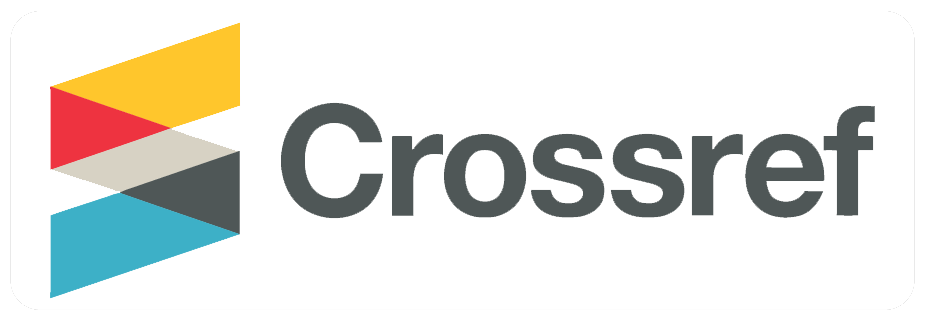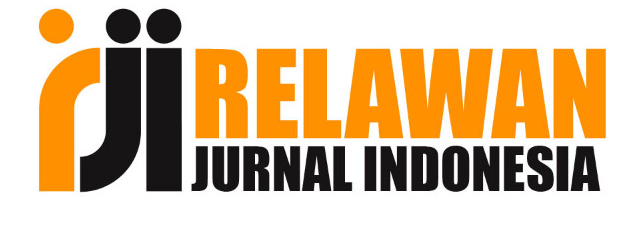USING INTERNET SITE AS TEACHING MODEL IN ENHANCING ENGLISH VOCABULARY FOR INDEPENDENT LEARNERS
DOI:
https://doi.org/10.36982/jiig.v3i2.339Abstract
English language learners in high education institutions believe that vocabulary learning is difficult and Âcomplicated. At the university level, learners are forced to make conscious effort to learn vocabulary outside of
the classroom because of the learning time in the classroom is limited. Consequently, the learners play an
important role in developing and enhancing their vocabulary. now, surving on the Internet has been the most
popular way to learn English because it is convenient as well as entertaining. It saves a lot of time. beside that
Some websites provide beautiful illustrations to learn English so the learners learn by fun. A few websites supply
amusing games and online language exercises to attract attention thereby helping them learn English effectively. Â
Having been inspired from article by Dr.Vangeepuram Sreenathachary 2011, about using Internet in improving
one’s english language skills and supported by some finding of Marc Rosenberg adapted Strategies for delivering
knowledge in the digital Age by Rosenberg, M. J,2001, authors of This paper aims at using internet site as a
teaching model to enhancing learners English vocabulary. The instructional plan covers the objectives, materials,
activities and assessment. Instructional strategies to use quesioner sheet, guided and reflective discussion,web
site link.
Â
Key words:Â Internet site, Independent Learners, Teaching model,Vocabulary
References
Istambul, M.R., 2012. Optimizing the Implementation of e-Learning Strategies in Higher Education. International Journal of e-Education, e-Business, e-Management and e-Learning, 2(2).
Meyer, L.L. & Schmitt, N., 2002. Vocabulary in Language Teaching. TESOL Quarterly, 36(2), p.235. Available at: http://www.jstor.org/stable/3588334?origin=crossref.
Sanderson, P.E., 2002. E-Learning: strategies for delivering knowledge in the digital age. The Internet and Higher Education, 5(2), pp.185–188. Available at: http://linkinghub.elsevier.com/retrieve/pii/S1096751602000829.
Sreenathachary, V., 2011. Using Internet in Improving One’s English Language Skills: 50 Informative, Educative & Entertaining Websites. The Criterion: An International Journal in English, II(June), pp.1–9. Available at: www.the-criterion.com.
http://www.leerbeleving.nl/wbts/1/history_of_elearning.html
http://en.wikipedia.org/wiki/Website
http://esl.about.com/library/vocabulary/blvocab_character.htm
http://www.webenglishteacher.com/vocab.html
http://www.englishpractice.com/vocabulary/tips-improving-vocabulary/#ixzz2AT516Vzb
http://www.englishpractice.com/vocabulary/tips-improving-vocabulary/#ixzz2AT4rTKGK
http://www.englishpractice.com/vocabulary/tips-improving-vocabulary/#ixzz2ASgKbzu1
Downloads
Published
How to Cite
Issue
Section
License

This work is licensed under a Creative Commons Attribution-ShareAlike 4.0 International License.











